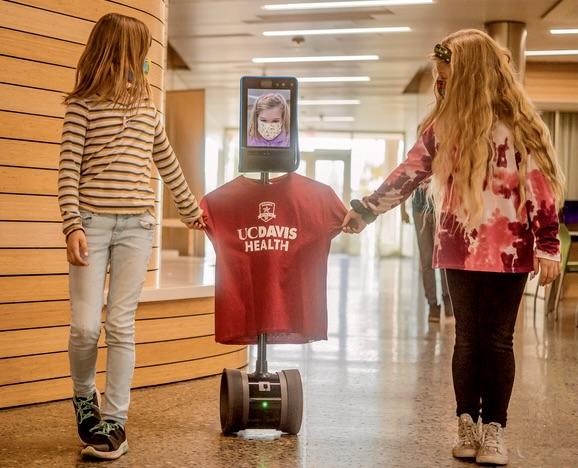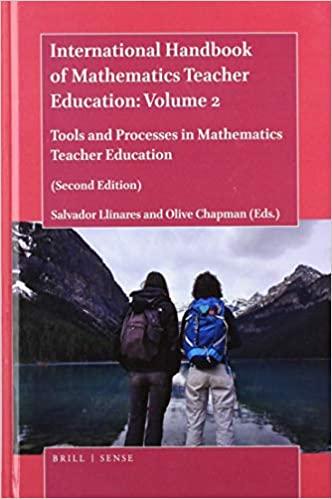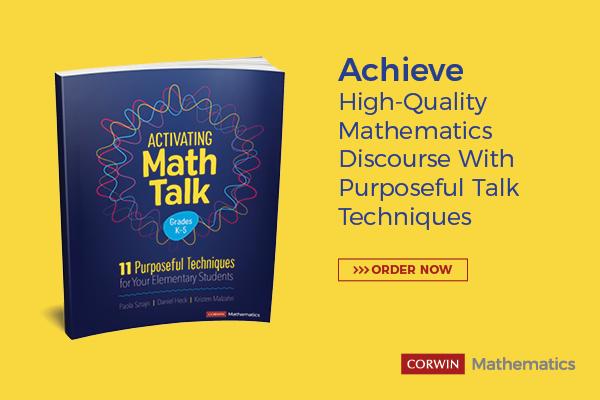Integrating AI Machine Learning into the Teaching of Paleontology Using Fossil Shark Teeth in Middle Schools
Sharks have ruled the Earth’s oceans for 400 million years, leaving behind a widespread fossil record. Inspired by the extinct 65-foot-long predator Megalodon, fossil shark teeth can spark student interest and curiosity in STEM (Science, Technology, Engineering, and Mathematics). Machine Learning (ML), a branch of Artificial Intelligence (AI), is used in a variety of fields today and is broadly applicable for developing predictive models that drive research and development.


